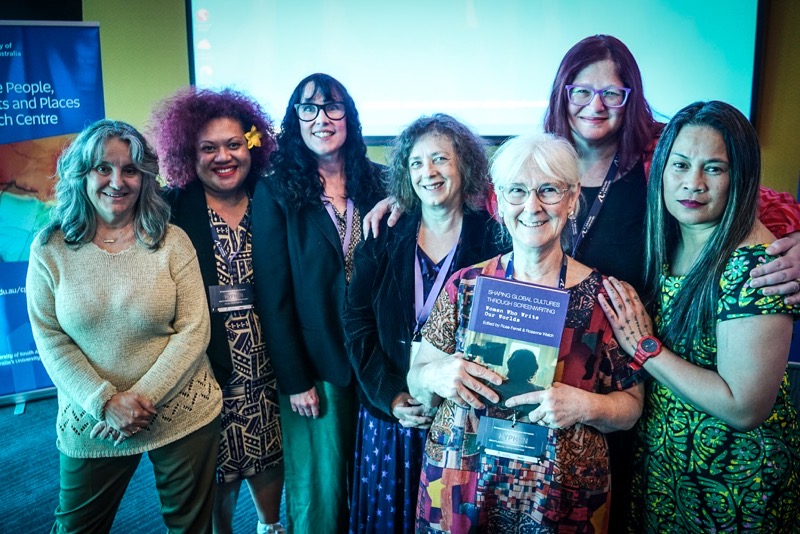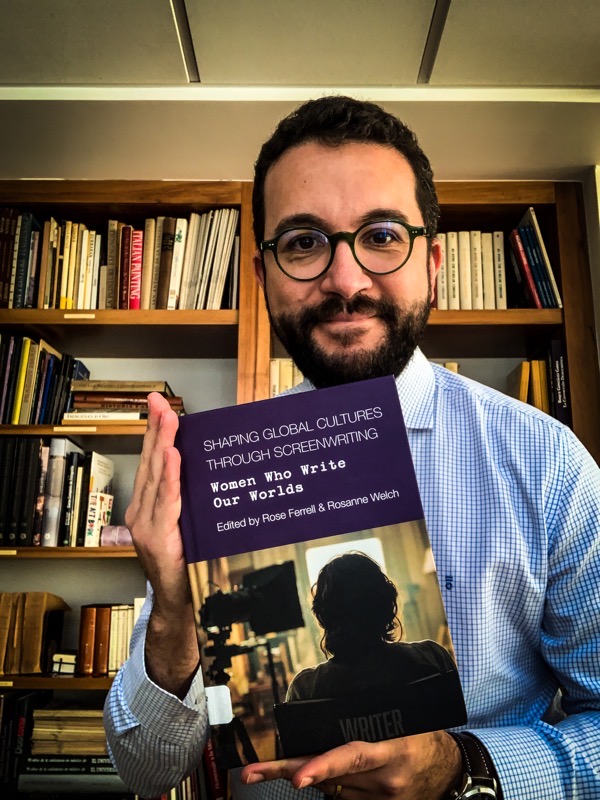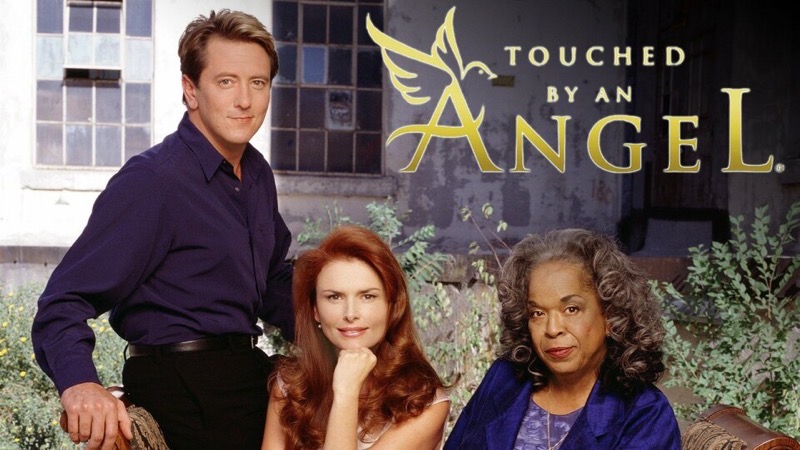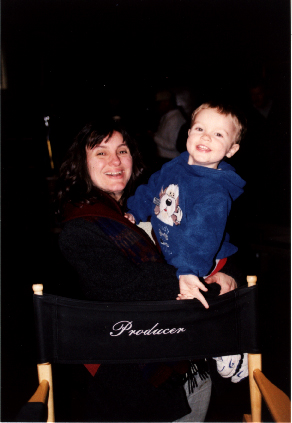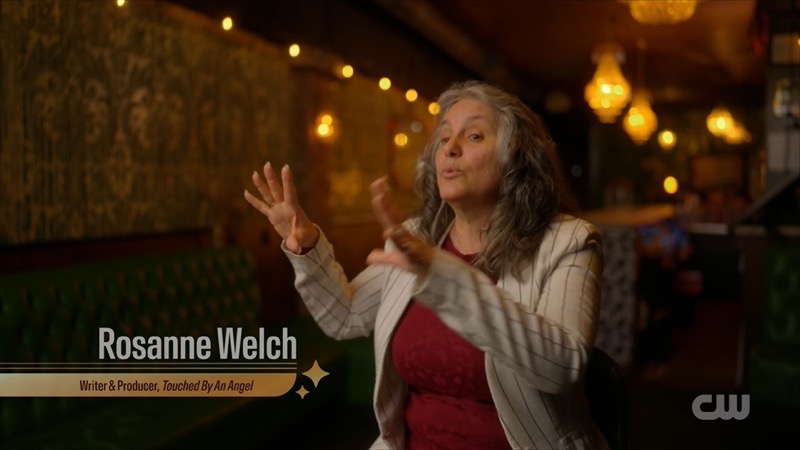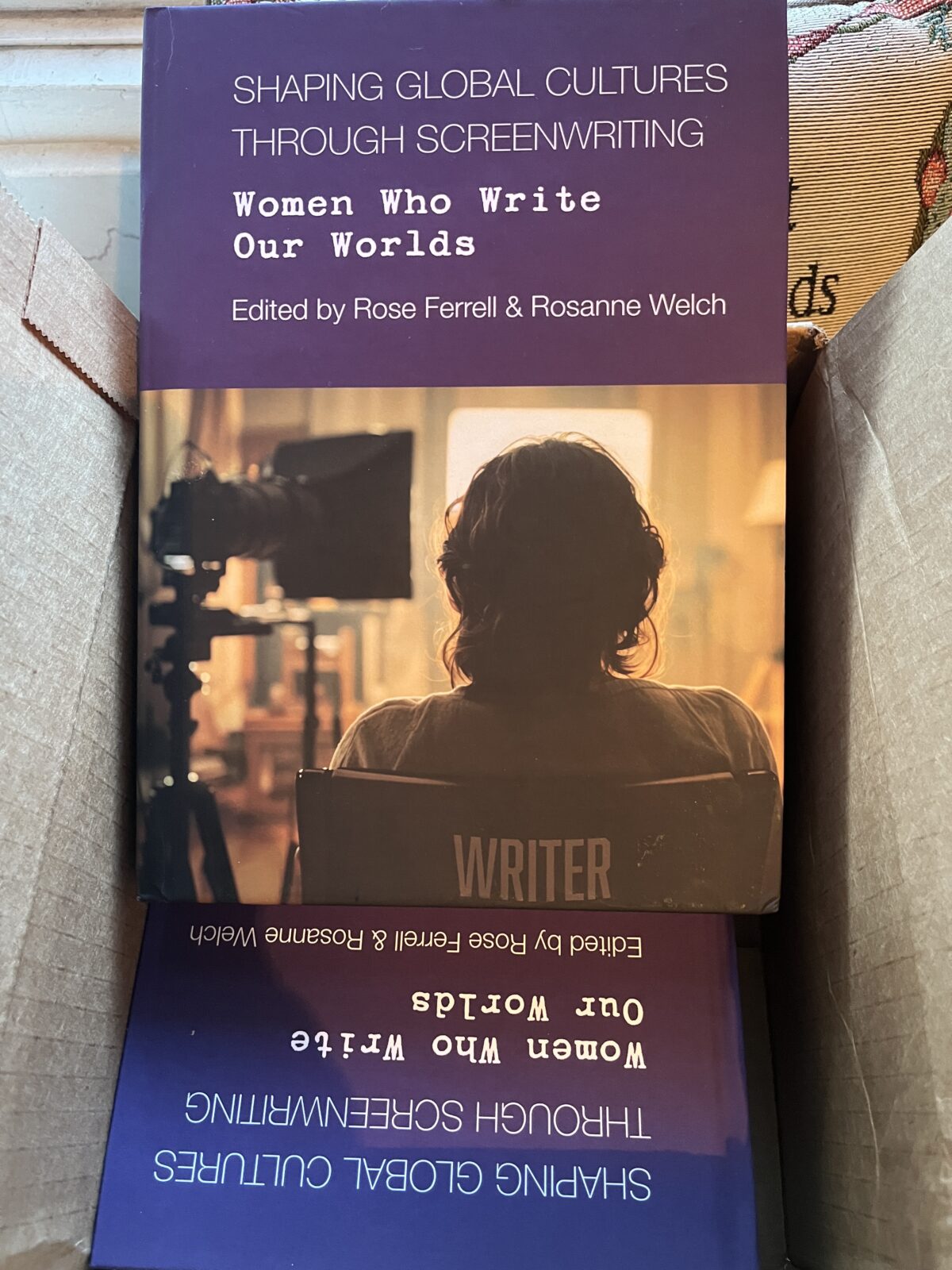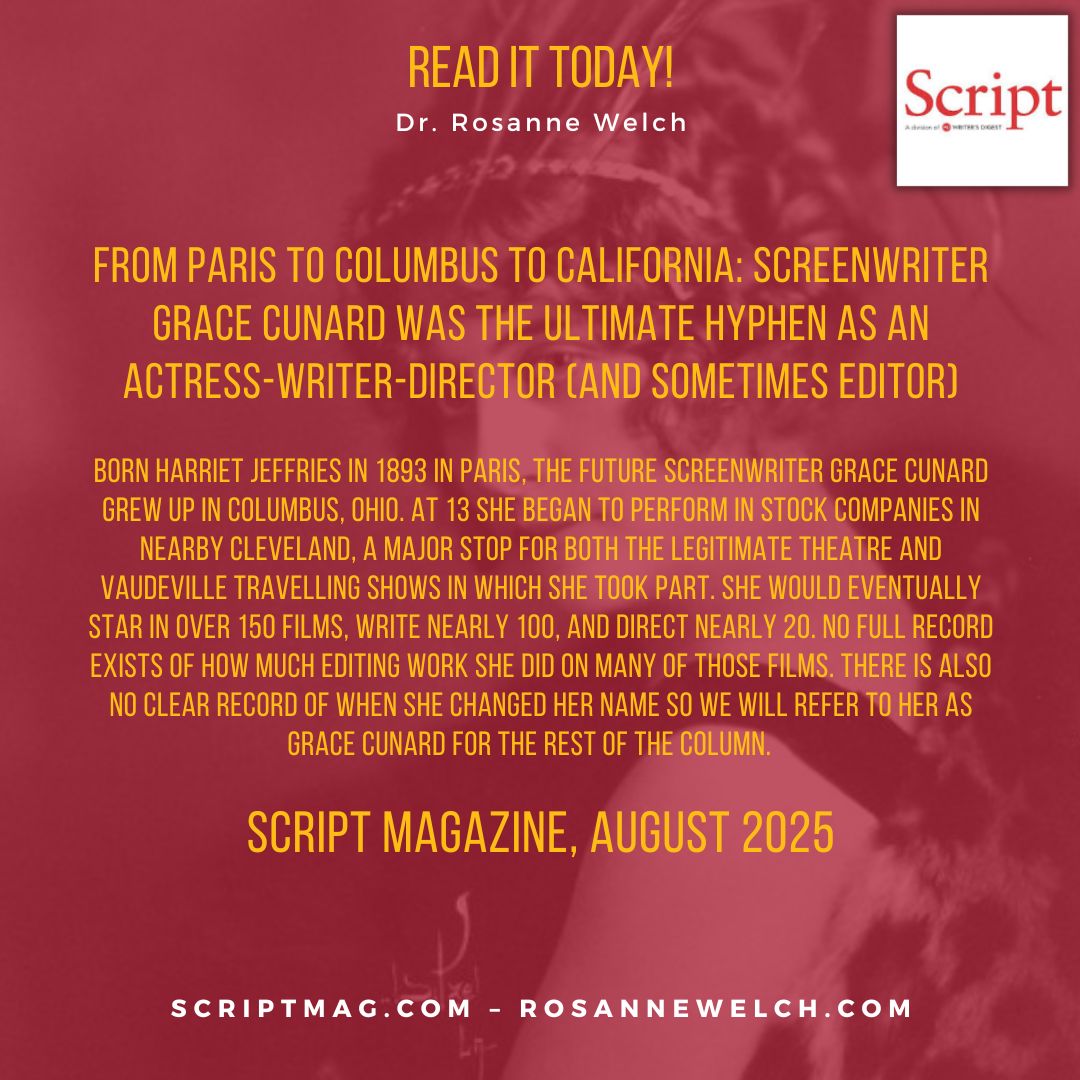It’s always exciting when a new box of books arrives on our doorstep. I’m proud to say I’ve been working on so many projects that I sometimes don’t know which book will be in the box during my unboxing.
That was the case this week when a new box arrived and I expected it to be Sally Ride: Breaking Barriers and Defying Gravity, written by Jackie Perez, an alum of our Stephens College MFA in TV and Screenwriting program. That’s because I edited her book as part of the ‘Women Making History’ series by Bloomsbury which I co-edit with my friend and colleague Dr. Peg Lamphier.
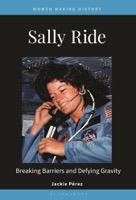
So far, we’ve edited and published new biographies of everyone from
Eleanor Roosevelt (by our good friend Keri Dearborn)
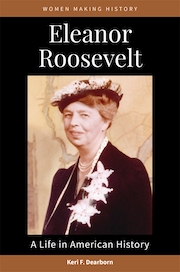
AND
Dolores Huerta (by our Mt. San Antonio College colleague April Tellez)
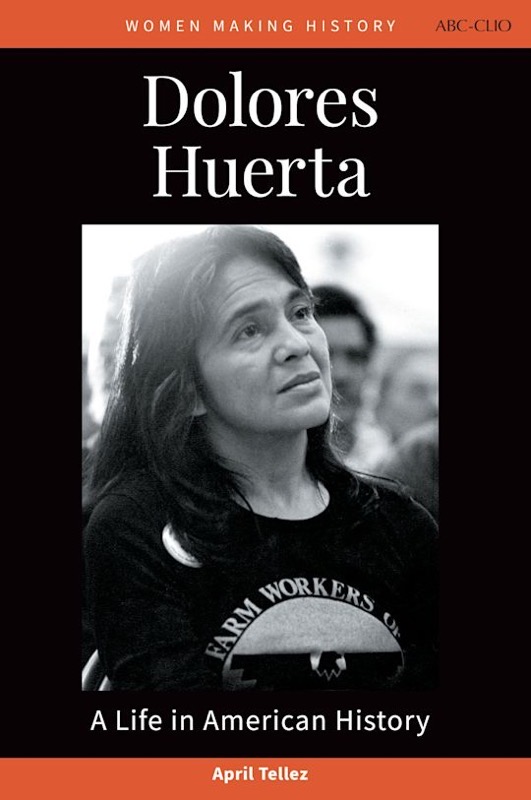
WITH the next in line to publish in April 2026 being:
Sandra Day O’Connor: How an Arizona Cowgirl Became the First Woman Supreme Court Justice By Nancy Hendricks (who we met when she wrote entries in our first encyclopedia Women in American History: A Social, Political, and Cultural Encyclopedia and Document Collection
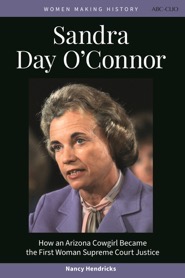

All the biographies come out in hardback first for a higher fee and in 18 months will be released in paperback for lower fees.
So what’s the new book that did arrive? It was Shaping Global Cultures through Screenwriting: Women Who Write Our Worlds which I edited with my friend and Screenwriting Research Network colleague Rose Ferrell.
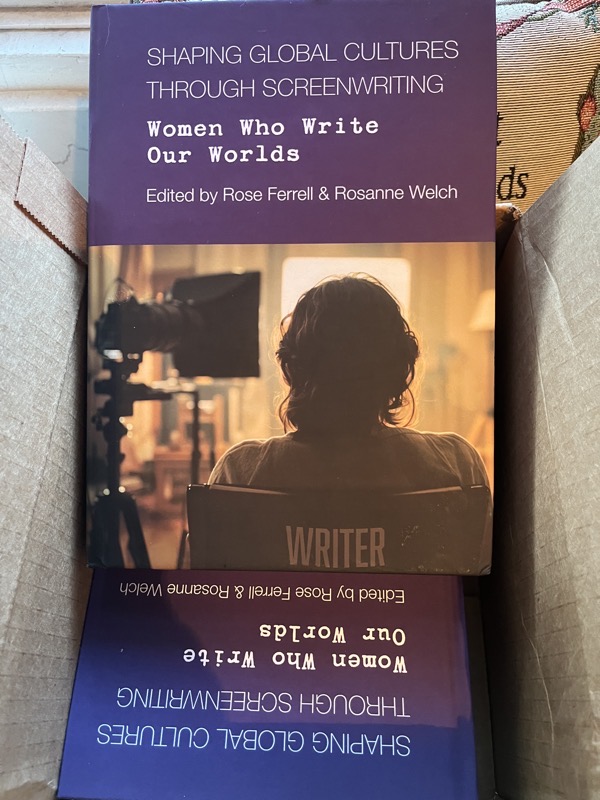
What’s it about? I think the back of the book says it all:
Shaping Global Cultures through Screenwriting: Women Who Write Our Worlds is a powerful testament to the undeniable impact of an international collection of female screenwriters. Spanning film, television, virtual reality, games, and digital media, these case studies showcase instances when women have used screenwriting to challenge injustice and give voice to communities across the globe. Acknowledging global disparities in wealth and power, the book exposes screenwriting as activism, which shifts attitudes and alters lived experiences. Whether about gender and race or war and colonization, or other serious issues, each chapter reveals the deep connections between storytelling and social change. More than just a study of the craft, this is a celebration of the women writers who use their artistic lens to educate and empower others.
It’s a collection of chapters on how female screenwriters have used writing as activism. We read ‘screenwriting’ as any writing that creates something on a screen so that includes an chapter on a Samoan performance artist who has a Malu tatau/tatoo (we had many discussions about using indigenous language without italicizing it to make it not the norm) and did a video called “Walking the Wall” where she showcased her tatua – and I had the chance to write (and therefore learn about) a lawyer in the Pacific Islands Students Fighting Climate Change who created a music video urging the advocating for the International Court of Justice (ICJ) to create a Resolution asking for an advisory opinion on Climate Change as it’s destroying their Pasifika island homes. Something I knew NOTHING about before. But there are also chapters on Miranda July’s Kajillionaire and queer utopias and Bluey (for children’s TV courses). Anyway, it will be expensive so we can’t use it as a text but I’m hoping enough college libraries buy copies that it’s available to professors and students – and Intellect sells individual chapters suited to particular courses.
If you’re connected to a university or local library, ask them to carry a copy so you – and all others with an interest – can read about everything from myself and my co-writers/co-editors.
Here’s me wishing you a creative weekend!



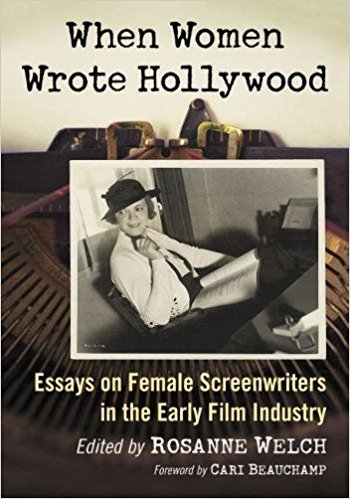
![Rosanne presents “Creative Play #8: Emotional Monologues Written By A Few Accomplished Female Television Writers” – Screenwriting Research Network [Video]](https://rosannewelch.com/wp-content/uploads/2026/01/rn-conversations-creative-play-8-1-1200x675.png)
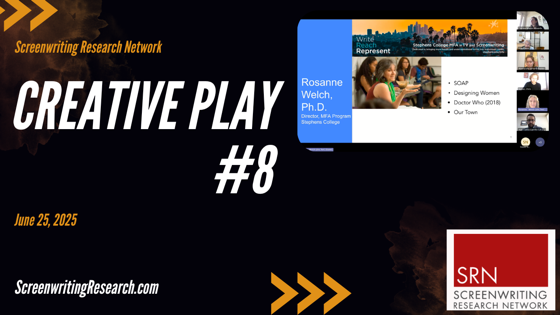
![Rosanne Presents on Shaping Global Cultures Through Screenwriting – Stephens College [Video]](https://rosannewelch.com/wp-content/uploads/2025/12/rmw-sgc-book-cover-2.jpg)

